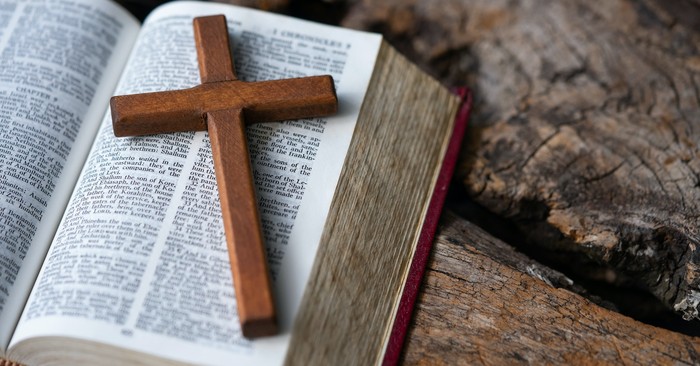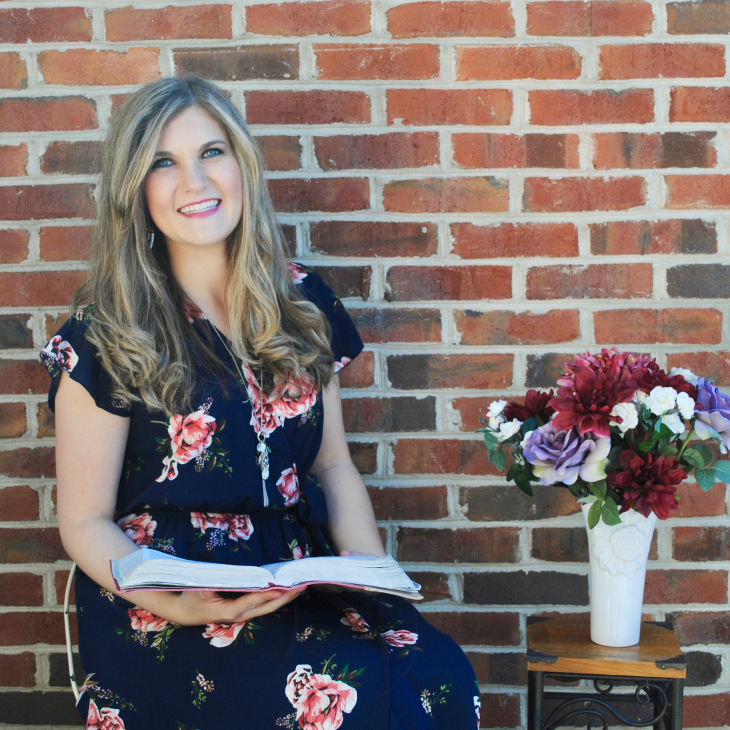
When we look at the overall theme of the gospel from beginning to end, we can appreciate that Abel’s offering would point to the greater offering of Jesus, who would give His life on behalf of all who believe in Him as the final sacrifice.
When you hear the names Cain and Abel, what comes to mind? So often, it is tempting to pass over Biblical characters or Scripture passages that are familiar to us. However, when we begin to take a step back and look at the grander story of the Bible – the message of the Gospel – we realize that there is so much depth and we have barely scratched the surface of the vastness and the perfection of our great God.
Today we are going to take a fresh look at the account of Cain and Abel. I pray that through it, God reveals something new about Himself to us.
From Genesis 3 to Genesis 4
A drastic change has happened from one chapter of Genesis to the next. In Genesis 3 we read about Adam and his wife in the garden, unashamed and in perfection. They end up falling into temptation from the Devil (Serpent) and give in to his devious plan by eating the fruit.
Genesis 3:6 says, “When the woman saw that the fruit of the tree was good for food and pleasing to the eye, and also desirable for gaining wisdom, she took some and ate it. She also gave some to her husband, who was with her, and he ate it.”
The result of humanity’s sin was death. This was not immediate death, but a future death and eternal separation from God. Adam and Eve’s sins meant immediate separation from God. The Lord could have just separated from humanity in that moment. Instead, we read of the Lord walking in the garden and mercifully allowing Adam and Eve to see Him one last time as He shares their punishments with them. He even made clothing for them out of animal skins (Genesis 3:8-22). The Lord loved His people, but being the perfect Father that He is, He could not ignore their choices. They had to live with the consequences.
Genesis 3:23-24 says, “So the Lord God banished him from the Garden of Eden to work the ground from which he had been taken. After he drove the man out, he placed on the east side of the Garden of Eden cherubim and a flaming sword flashing back and forth to guard the way to the tree of life.”
We read that God drove Adam and Eve out of the garden and then protected them from the tree of life. They now experienced separation from their Maker. It was probably so painful. Think about missing someone you love so much. And to make matters worse, they knew it was their own fault as to why they could no longer see God.
We often try to idealize people in the Bible, but I am sure that Adam and Eve wrestled with this as they were banished. I imagine they probably even played the blame game at one another for where they were now.
Then comes Genesis 4. We read that Eve became pregnant and gave birth to Cain, then later she bore Abel. She and Adam probably would not have anticipated that the first human death they would encounter would actually be their second-born son Abel. They would realize that their punishment far outweighed their own lives – their sins affected others, and included the entire world.
Do we see the weight of our own sins? Our sins have negative impacts on others, not just ourselves. Sin is not an isolated matter; it is a global catastrophe. How often do we forget to come before the Lord with a heart of humility, realizing that just like Adam and Eve, our personal sins carry great weight. We can thank Him though for Jesus’ gift of salvation.
We Are Cain
So often I get really frustrated and mad at Cain. I distance myself from this villain of the account. Cain is a murderer, and of his own brother. He was supposed to be the first born who protected and valued his brother, but he killed him out of jealousy instead.
As I ponder these Scriptures, I think about how amazing the connection is. We are Cain. Genesis 4:2 tells us that Abel kept flocks as a shepherd and Cain worked the soil, growing produce like fruit. When we think about Adam and Eve, they sinned with the fruit of the garden. Cain brought the Lord some fruit as an offering (Genesis 4:3). Humanity sinned by eating the forbidden fruit. Abel brought the Lord his firstborn fat portions from his flock. God looked favorably on Abel’s offering. What we have offered the Lord is our sin; we have nothing good to give him.
“All of us have become like one who is unclean, and all our righteous acts are like filthy rags; we all shrivel up like a leaf, and like the wind our sins sweep us away” (Isaiah 64:6).
Cain chose sin, and so did we.
Genesis 4:6-7 says, “Then the Lord said to Cain, ‘Why are you angry? Why is your face downcast? If you do what is right, will you not be accepted? But if you do not do what is right, sin is crouching at your door; it desires to have you, but you must rule over it.’”
Abel Points to Jesus
When we consider the death of Abel – the first death recorded in humanity – from a gospel perspective, we know that Jesus would be the first death and resurrection leading into new life. Abel and all humanity needed Jesus. Abel brought His best sacrifice of his flock. This points to Jesus.
Acts 8:32 says, “Now the passage of the Scripture that he was reading was this: ‘Like a sheep he was led to the slaughter and like a lamb before its shearer is silent, so he opens not his mouth.’”
1 Peter 1:19 says, “But with the precious blood of Christ, like that of a lamb without blemish or spot.”
When we look at the overall theme of the gospel from beginning to end, we can appreciate that Abel’s offering would point to the greater offering of Jesus, who would give His life on behalf of all who believe in Him as the final sacrifice.
Genesis 4:10 says, “The Lord said, ‘What have you done? Listen! Your brother’s blood cries out to me from the ground.’”
We see in Hebrews 12:24 “And to Jesus, the mediator of a new covenant, and to the sprinkled blood that speaks a better word than the blood of Abel.”
Jesus’ blood brought on a new covenant. His blood spoke a better word than Abel’s because Jesus was the sacrifice for all who believe in Him. When we grieve as we read the story of Cain and Abel, we too can rejoice in the fact that Jesus, the Lamb of God who takes away the sins of the world, has blood that speaks a better word than Abel’s. Abel had a favorable sacrifice (Genesis 4:4) but Jesus had the perfect sacrifice (Hebrews 10:10).
What Does This Mean for Us?
How do we respond to this? Consider taking time to reflect on the weight of your own sins in light of the mercy of God. Take time praying and thanking Jesus for dying for your sins.
I recently had the joy of sharing the gospel with a college student who said, “I have heard that Jesus came to the world, but never for me personally.” She was moved to tears. No one told her that Jesus came for her individually. Yes, God so loved the world, but within the grander picture, we find our own stories. We each have our own mistakes as “Cains.” But where we could not do anything to gain salvation and forgiveness, Jesus came as our Good Shepherd, our Perfect Lamb and died for us, so that we could receive His eternal forgiveness and salvation in heaven. He is so great.
May we praise Him for His redemption and love today and always.
Photo credit: ©Getty Images/manusapon kasosod









